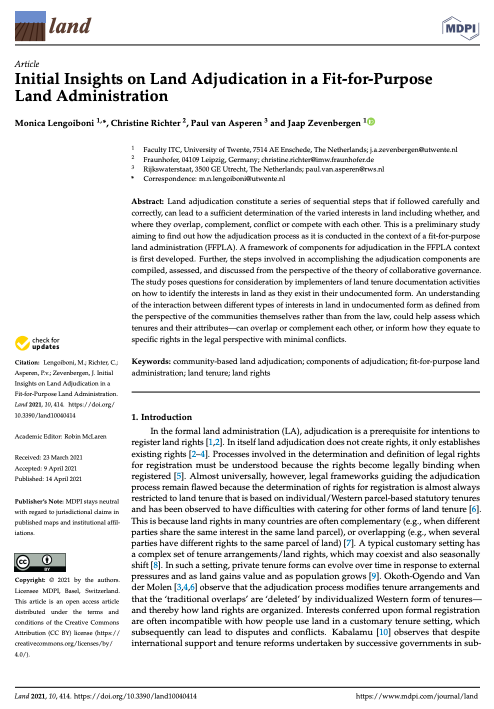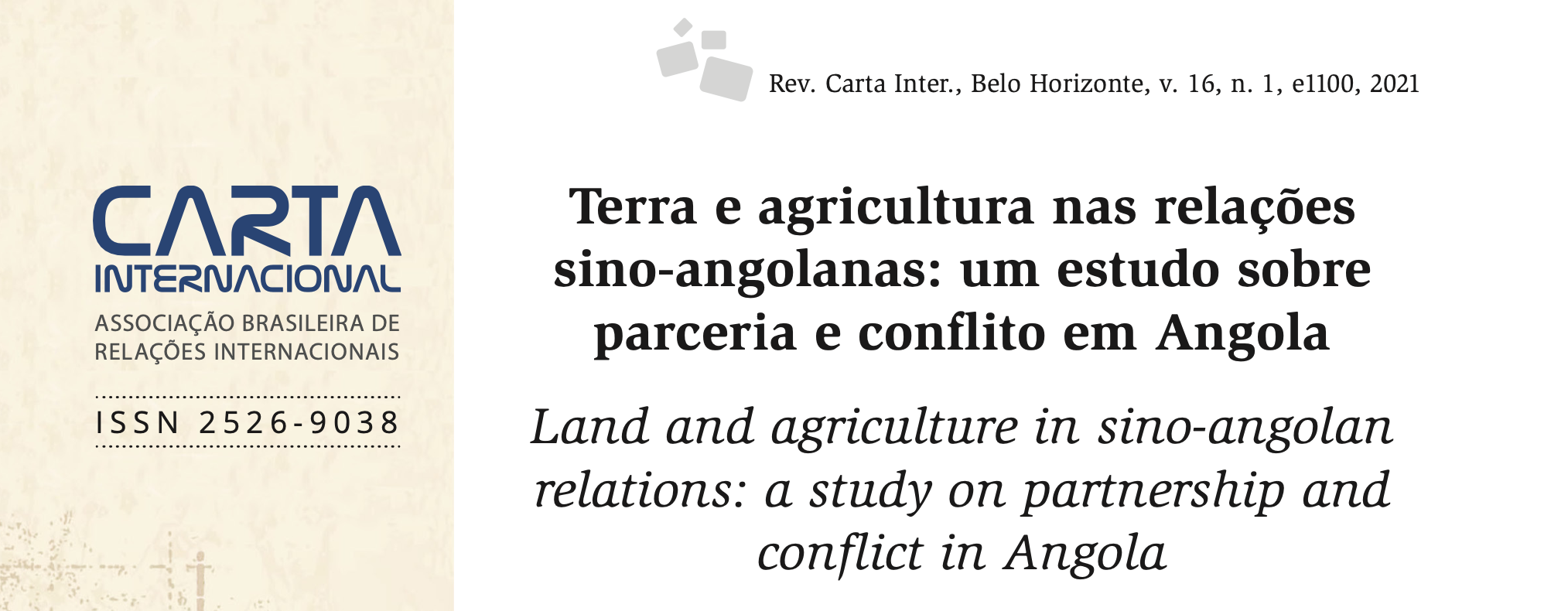Land tenure systems in the Borgou, Benin
Benin introduced new instruments to register customary land rights in the 2013 Land and Domain Law, which was updated in 2017. The BMZ supported “Promotion d’une Politique Foncière Responsable (ProPFR)” project is testing these instruments together with scalable implementation modalities in the Borgou department (Benin). This work is complemented with a rigorous impact evaluation to assess changes in tenure security, agricultural investments and food security. The baseline survey was completed in 2018 and includes 2,968 households in 53 villages in the Borgou.










